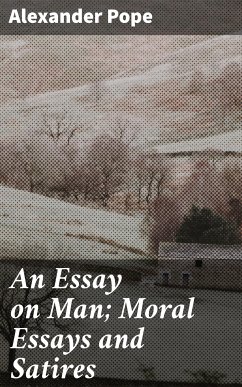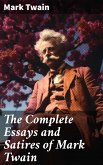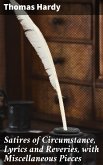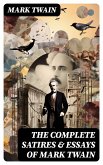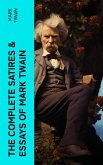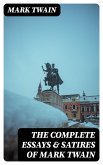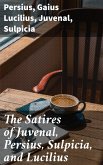Alexander Pope's "An Essay on Man; Moral Essays and Satires" is a masterful exploration of human nature, morality, and the philosophical underpinnings of society during the Enlightenment. Written in heroic couplets and characterized by its wit and precision, Pope addresses the complexities of existence, outlining the relationship between humanity and the divine. The poem'Äôs structure and its blend of philosophy with satirical commentary reflect the neoclassical ideals of reason and order, while also critiquing the imperfections of mankind in a rapidly changing world. Born in 1688 and enduring a life marked by physical challenges and societal upheaval, Pope emerged as a leading figure in 18th-century literature. His experiences in a volatile England allowed him to cultivate a keen sense of irony and moral insight, influencing his perception of human folly and virtue. Pope'Äôs deep engagement with philosophical thought, particularly that of Locke and Shaftesbury, resonates throughout this work, as he grapples with the balance between fate and free will, ultimately advocating for an understanding of humanity within the context of a higher order. This work is essential reading for anyone interested in the interplay between morality and poetry, offering profound insights into the human condition. Pope'Äôs eloquent language and sharp satire invite readers to reflect on their own lives and moral choices, making it a timeless invitation to explore the depths of philosophical thought in an accessible manner.
Dieser Download kann aus rechtlichen Gründen nur mit Rechnungsadresse in A, B, BG, CY, CZ, D, DK, EW, E, FIN, F, GR, H, IRL, I, LT, L, LR, M, NL, PL, P, R, S, SLO, SK ausgeliefert werden.

